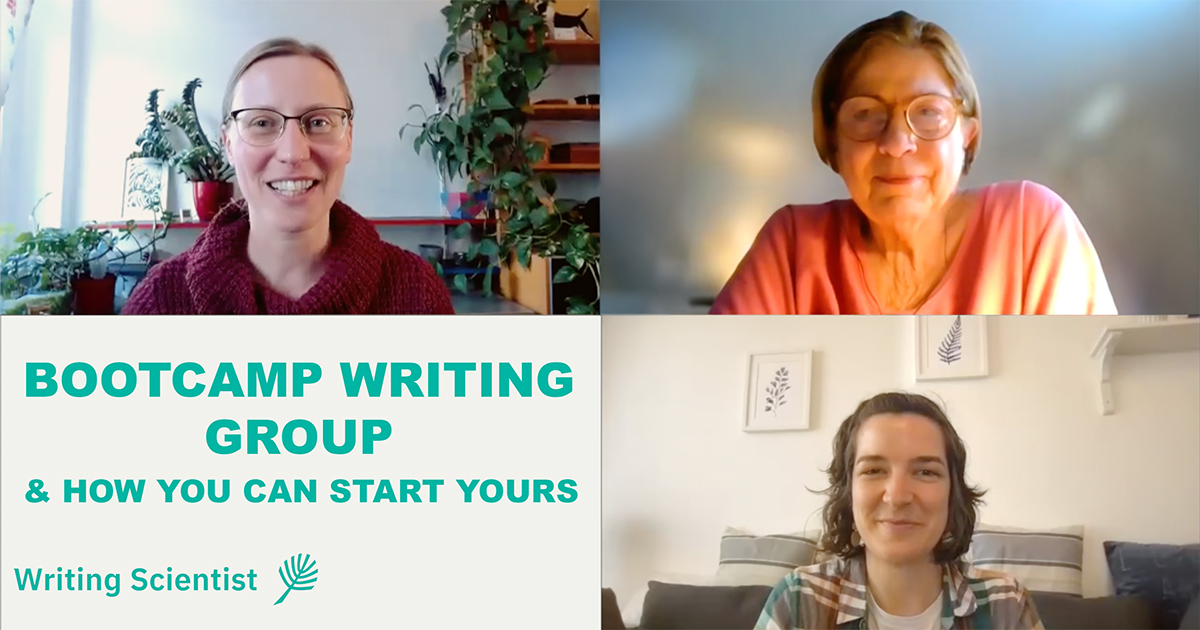
It started as a week-long writing bootcamp, with participants writing together on a video call. The week was a great success and everyone wanted to continue, so they did another week — and are continuing ever since. Continue reading

It started as a week-long writing bootcamp, with participants writing together on a video call. The week was a great success and everyone wanted to continue, so they did another week — and are continuing ever since. Continue reading
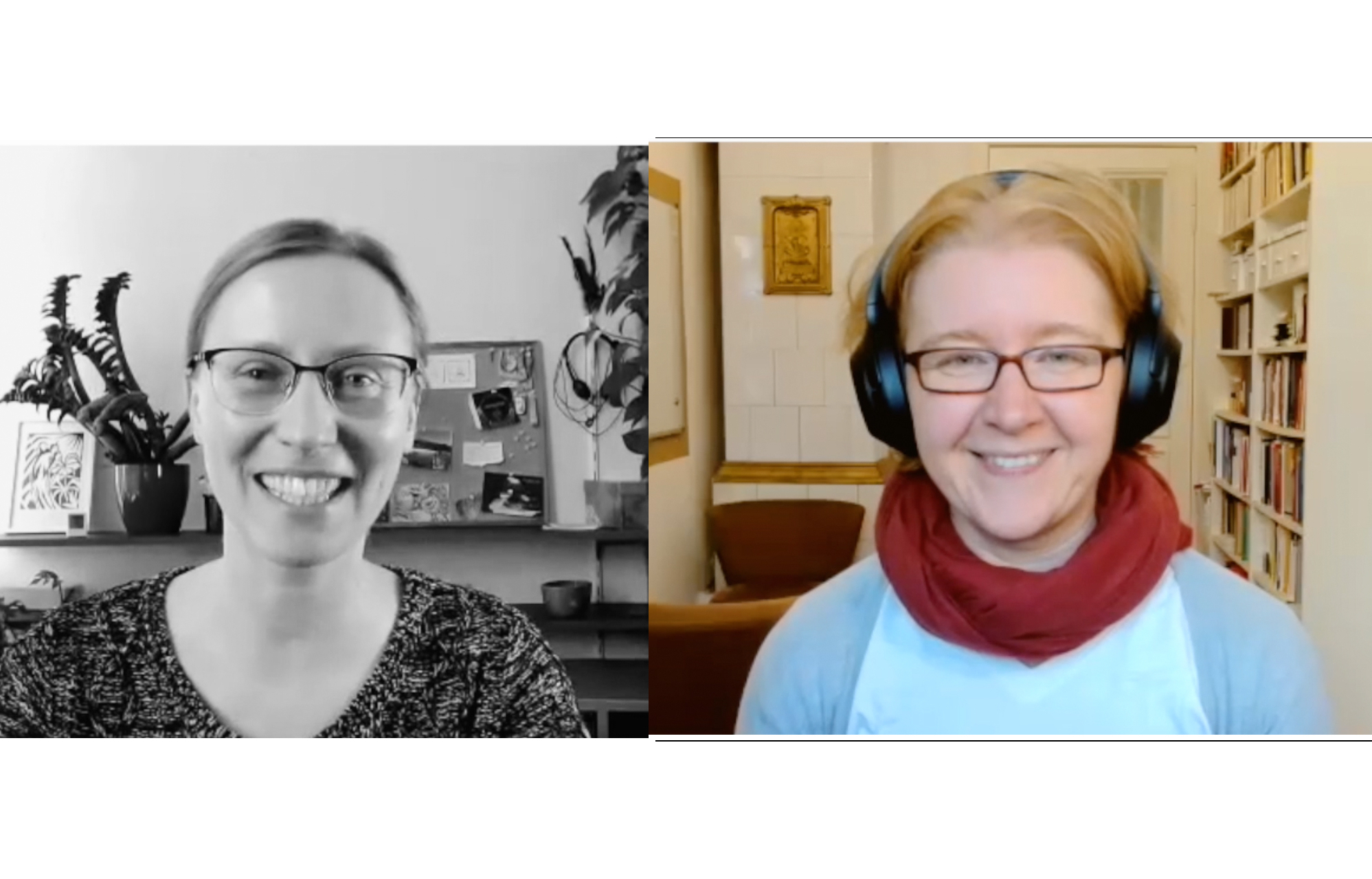
The last phase of PhD is a particularly demanding period: You need to finish your research work, write your thesis — and plan the next steps. Interestingly, there is one approach that will greatly help you with both finishing your thesis and figuring out your next career move. Continue reading
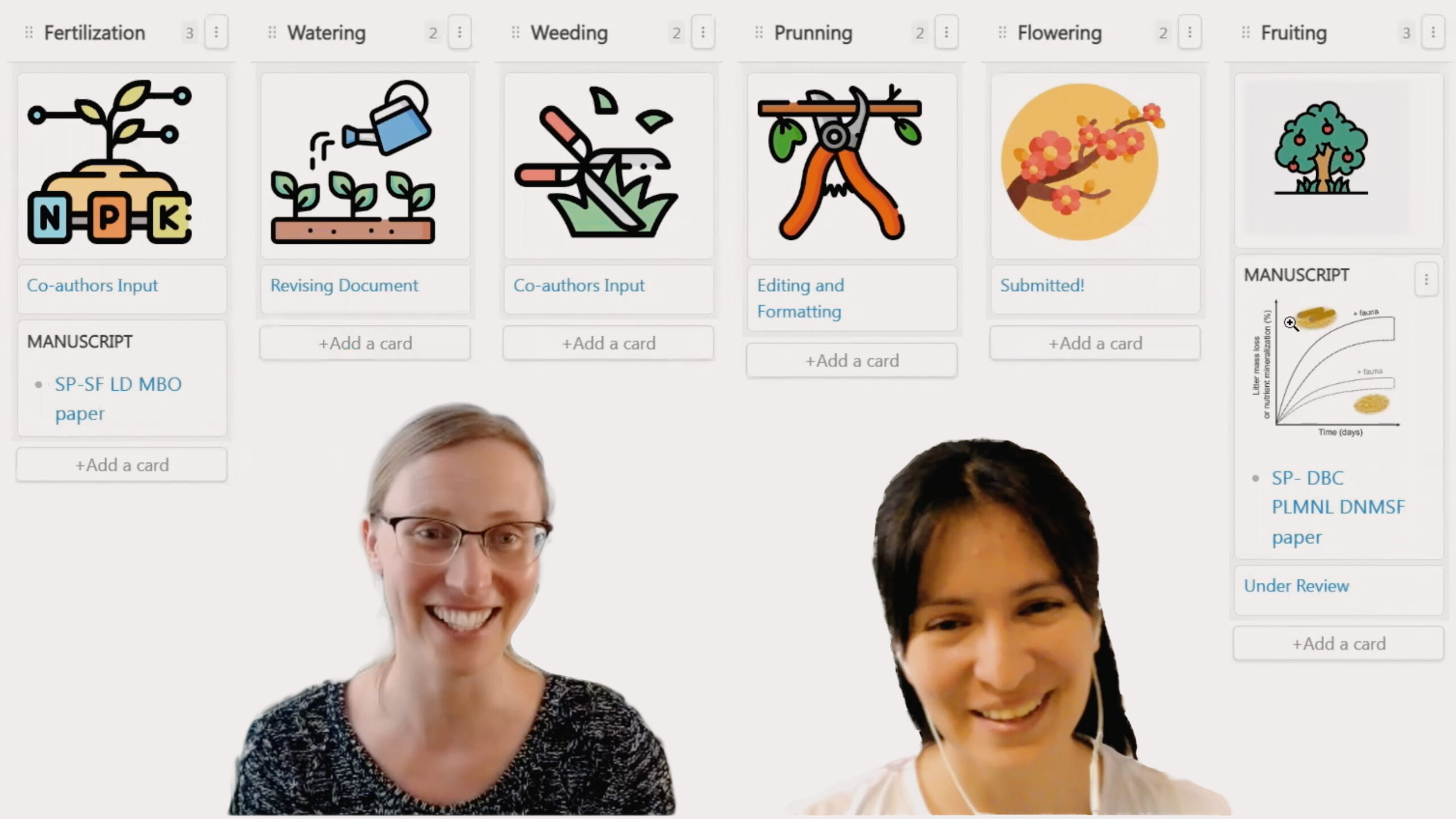
Second interview with Marly about her slip-box method of taking notes for her PhD research and managing writing projects in Obsidian. She is showing us all the advanced tricks that make her work even more efficient and describes how this system boosts her motivation and endurance. Continue reading

How do you write your scientific texts? Do you block off a whole day and barricade yourself at home or a library so you can properly focus? Or do you try to use shorter times like your daily commute or gaps in your schedule, maybe because that’s all you’ve got? Both strategies — binge writing and snack writing, as they are typically called — have their pros and cons. Read on and learn when to choose which approach and how to combine them for the best result. Continue reading

Summertime can be a great opportunity for your scientific writing: There are no seminars and meetings, and it gets quiet as colleagues leave for holidays. These are the perfect conditions for focused work — if we would only use them and not waste our time with procrastination and unimportant busywork. This article shows you how you can make the best of it and accomplish your scientific writing goals this summer. Continue reading

STEM and humanities have distinct research cultures including vastly different writing and publishing conventions. Knowing about these differences is important for successful interdisciplinary collaborations as well as for picking the right writing advice, course or trainer. This article provides a generalized overview based on anecdotal evidence. Continue reading
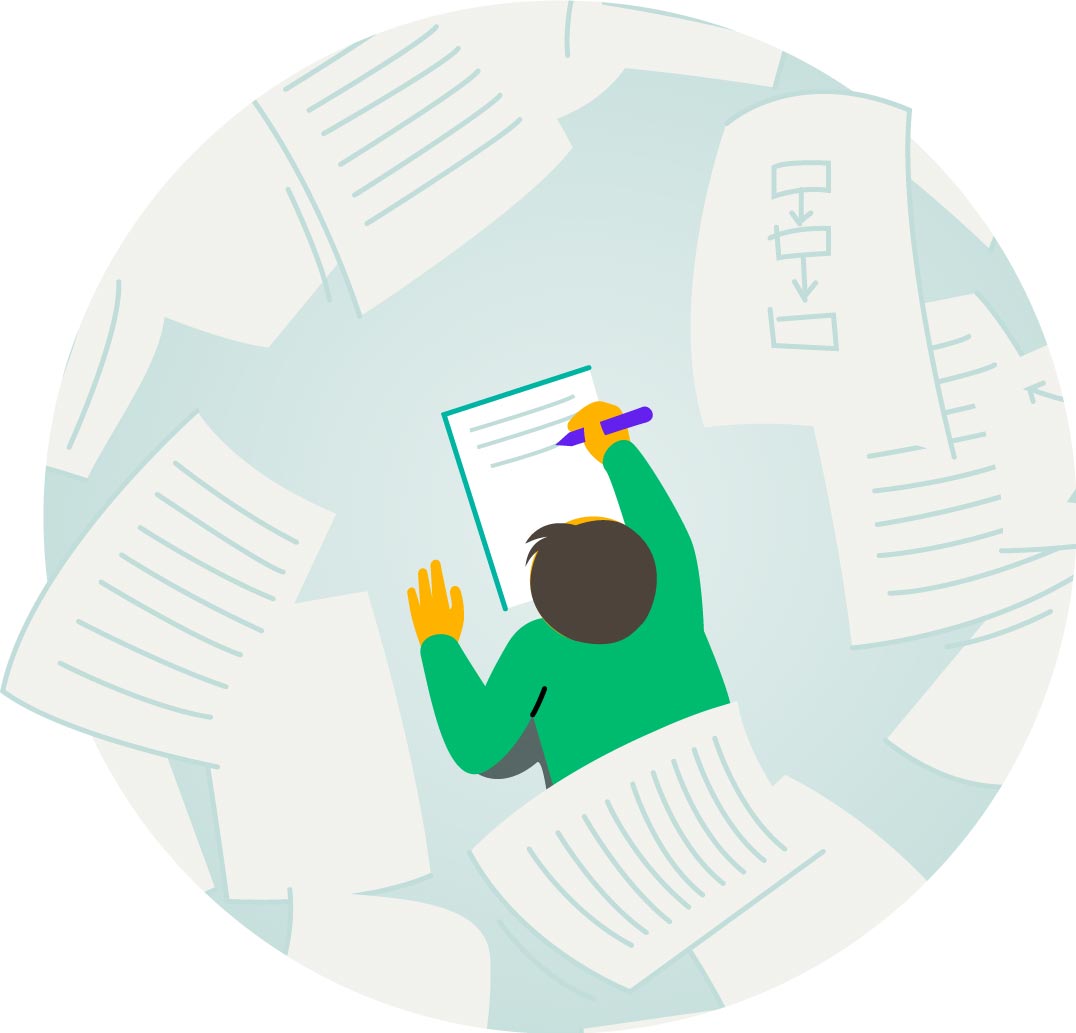
Have you published a couple of papers and now need to turn them into a thesis? Or you have a thesis that should become a paper? The need to revamp a text into a new format is quite common. But how to approach this project and not get overwhelmed? And what about copyright and self-plagiarism? The following strategies show you a path and help you avoid the frustration. Continue reading

As a scientist, you need to publish your research in papers. A lot of papers. But chances are you struggle to find the time and focus needed for writing your papers. Good news: this whole process can be made much easier when you don’t wait with writing until you need to put together a manuscript. Taking regular small steps will help you achieve big results with ease. Continue reading

Writing in virtual co-working spaces helps boost your motivation and focus — and as a result, your writing output and productivity. You can self-organize virtual co-writing sessions with your peers, use an established virtual co-working platform — or join the Writing Scientist community for a monthly co-writing session to kickstart your writing project. See below for details and upcoming dates. Continue reading

Reading well-written research papers is not only enjoyable — it’s also (passive) learning that helps you write better papers yourself. But in most fields it’s quite rare to encounter a research article that is clear and easy to follow and truly a pleasure to read. So I am curating a list of handpicked papers from different disciplines, for when you want to read something nice as an inspiration for your own writing. This is an ongoing project: your suggestions of great papers are always welcome! Continue reading

Title is the first thing the reader sees from your research article. Based on the title the reader decides to have a look at the article — or not. So a better title will attract more readers and quite possibly increase the impact of your research. If you wonder what makes a good title, and how you can formulate one for your paper as well, then check out our six tips for writing a great research article title. Continue reading
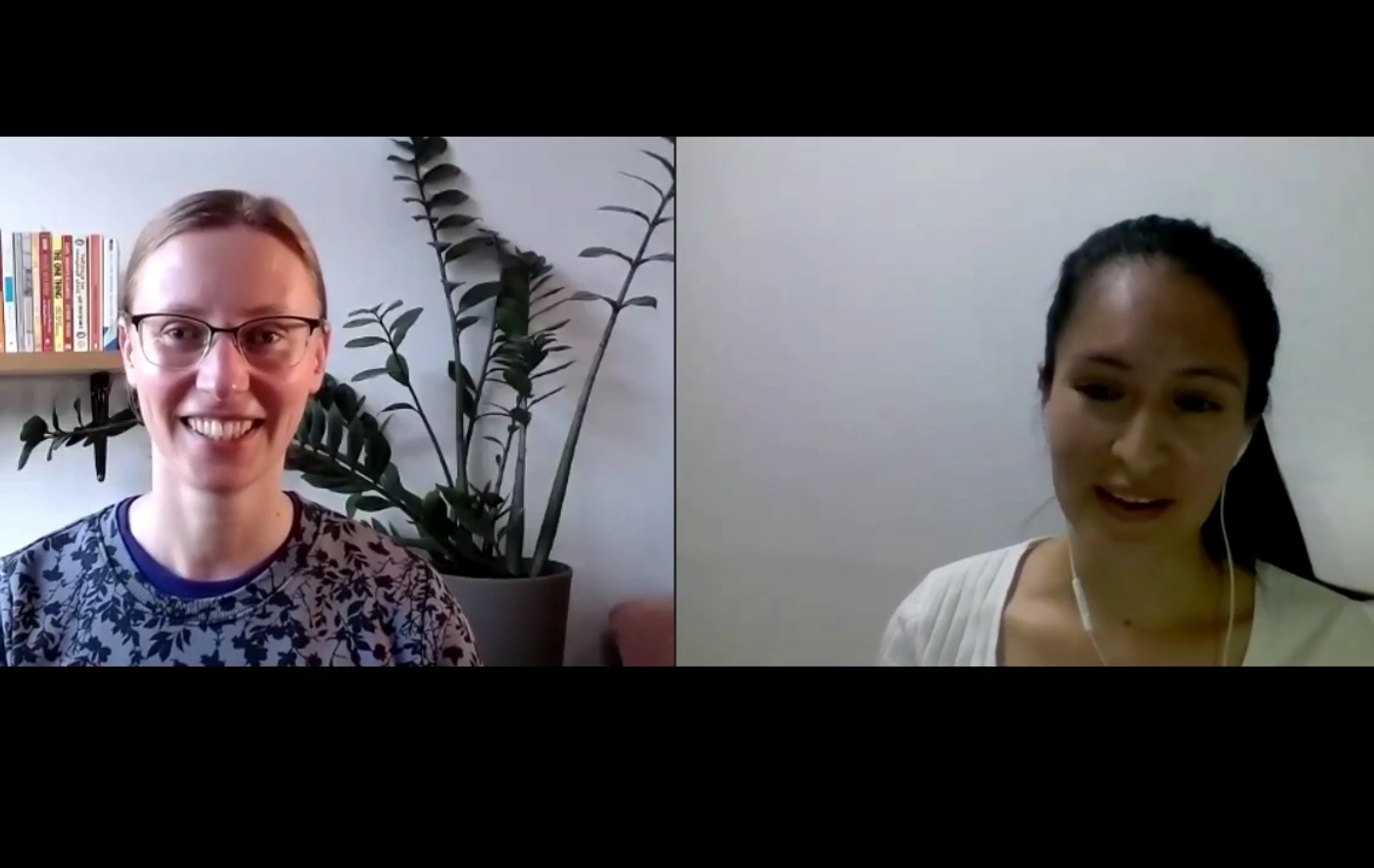
Interview with Marly about the slip-box method she’s using for taking notes as a researcher. She explains how the method works, what software to use and why it is her favorite method for note taking. Watch the video and learn how your own research could benefit from the slip-box method. Continue reading
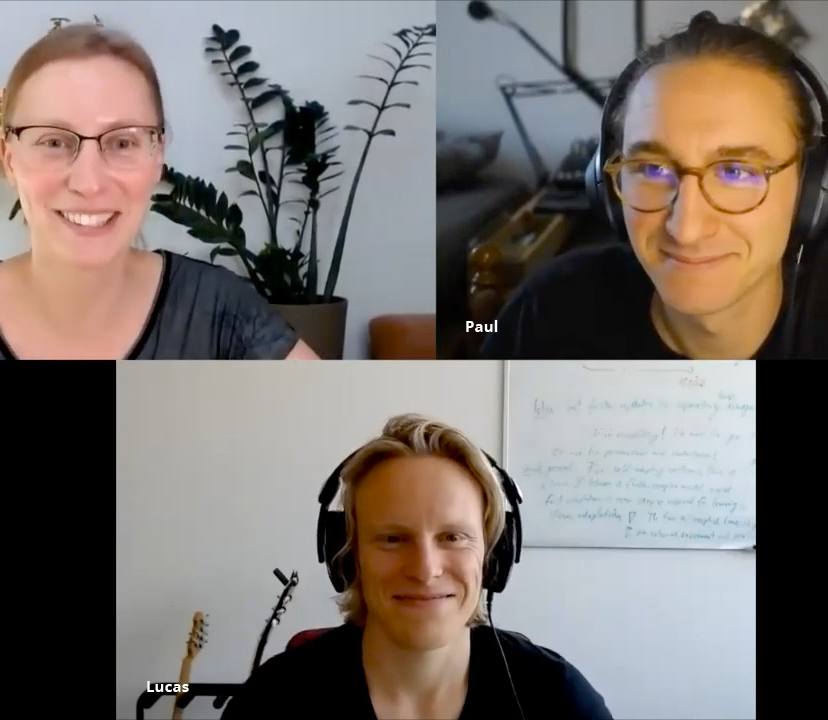
Lucas and Paul talk about how their research group utilizes peer feedback on all levels of research: from clarifying research ideas to polishing finished manuscripts. They depict how regular peer feedback allows them to publish better papers faster, and in general progress faster with their research. Watch the interview or read the transcript to get useful tips for your own peer-feedback practice. Continue reading
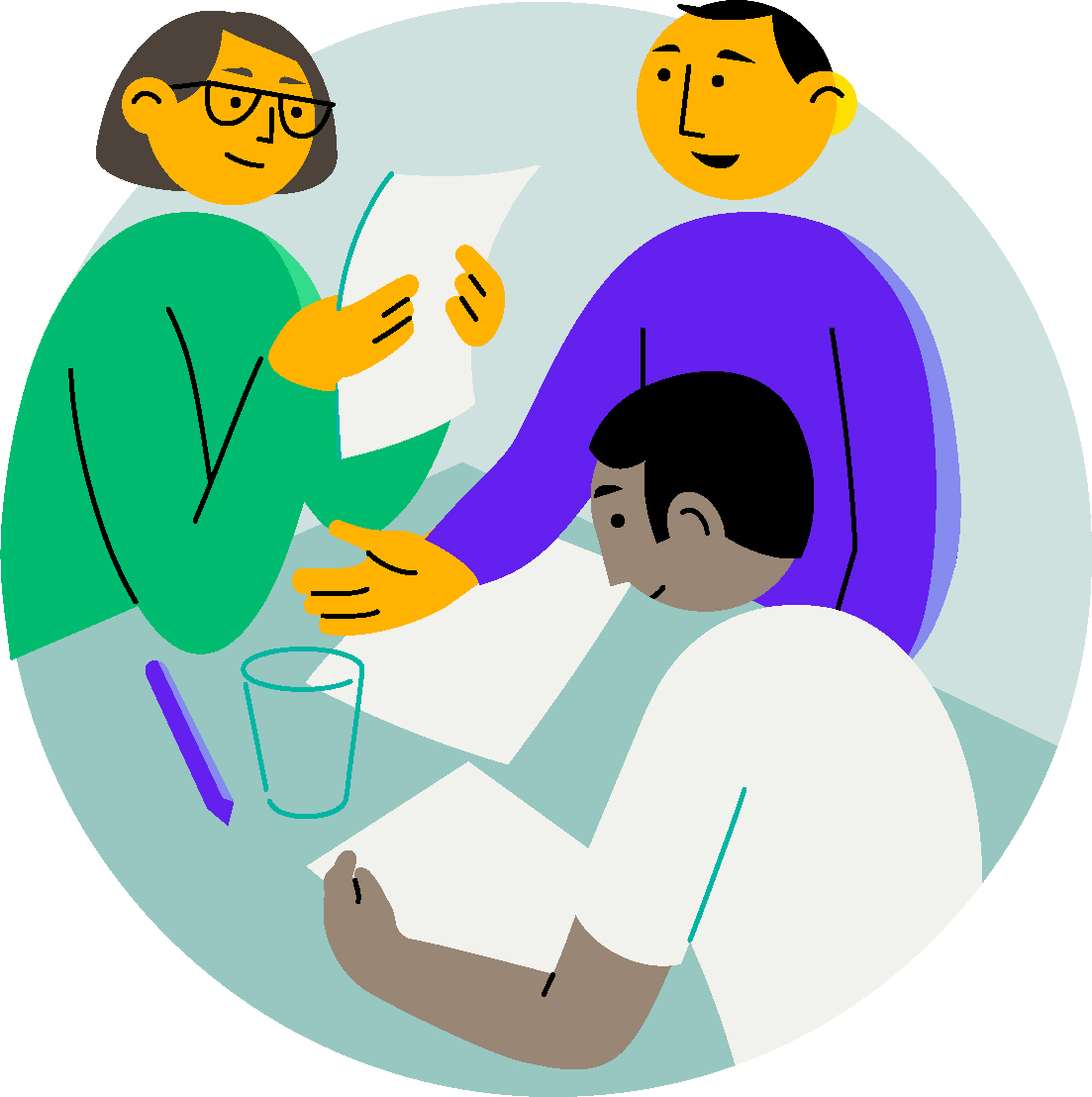
Group feedback is an especially powerful form of peer feedback. When several peers feedback a single text at the same time, the author gets more comments and the feedbackers learn from each other. But such group rounds can easily turn into chaos and time waste. To avoid this, follow these 8 simple rules for effective group feedback. Continue reading

Do you struggle with producing clear and compelling texts? Do you feel like your writing is lacking something, but you don’t know what? Do you wonder whether the revisions you just introduced really improved your text? Then stop wasting your time and embrace peer feedback! Because getting & giving peer feedback is one of the most effective methods how you can quickly improve your text — and your writing skills as well. Continue reading

Above anything else, scientific writing has to be precise and accurate. But it’s not an easy task to write precisely about complex topics. Here, you will find a general strategy how you can achieve precision in your writing, and 12 concrete tips how to avoid ambiguity and increase clarity and accuracy of your scientific texts. Continue reading
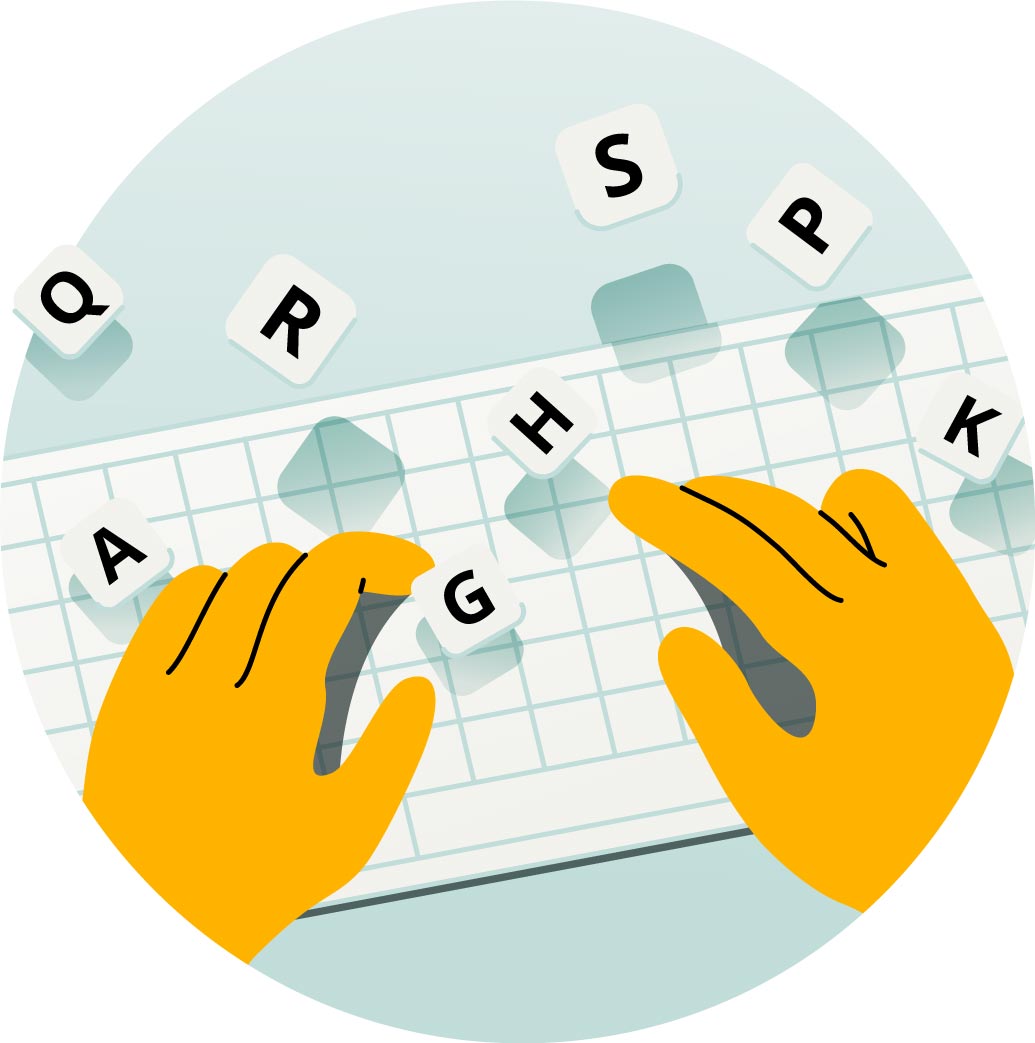
English is not your mother tongue and it makes you feel overwhelmed in grad school? You need to read & write in English, but feel insecure about it? Reading seems to take ages and you are dreading the time when you have to start writing up your results… But don’t despair! Follow these 10 tips and develop your English writing skills “on the side”, as you go about your everyday research work. Continue reading

Writing up a full research article in a single week? Maybe you think that’s impossible. Yet I have done it repeatedly, and so have students in my courses. This is an exceptionally joyful (even if demanding) experience: being so productive just feels great! You are not wasting any time, and a paper produced in one go is typically coherent and nice to read. Even if you are a slow writer, you can write a whole paper in a single week — if you follow my strategy. Read below about what you need to prepare and how to approach this project. Continue reading

All scientists need to write — and we need to write a lot. Whether it’s a proposal, research article or a thesis: there is always some kind of writing project waiting to be completed. But scientific writing is pretty hard, so we tend to procrastinate on it — and suffer even more as a result. Though what if I told you that it’s possible to achieve a high level of writing output on a regular basis, avoiding the feelings of failure and guilt? These 11 tips show you how you can skyrocket your writing productivity. Continue reading
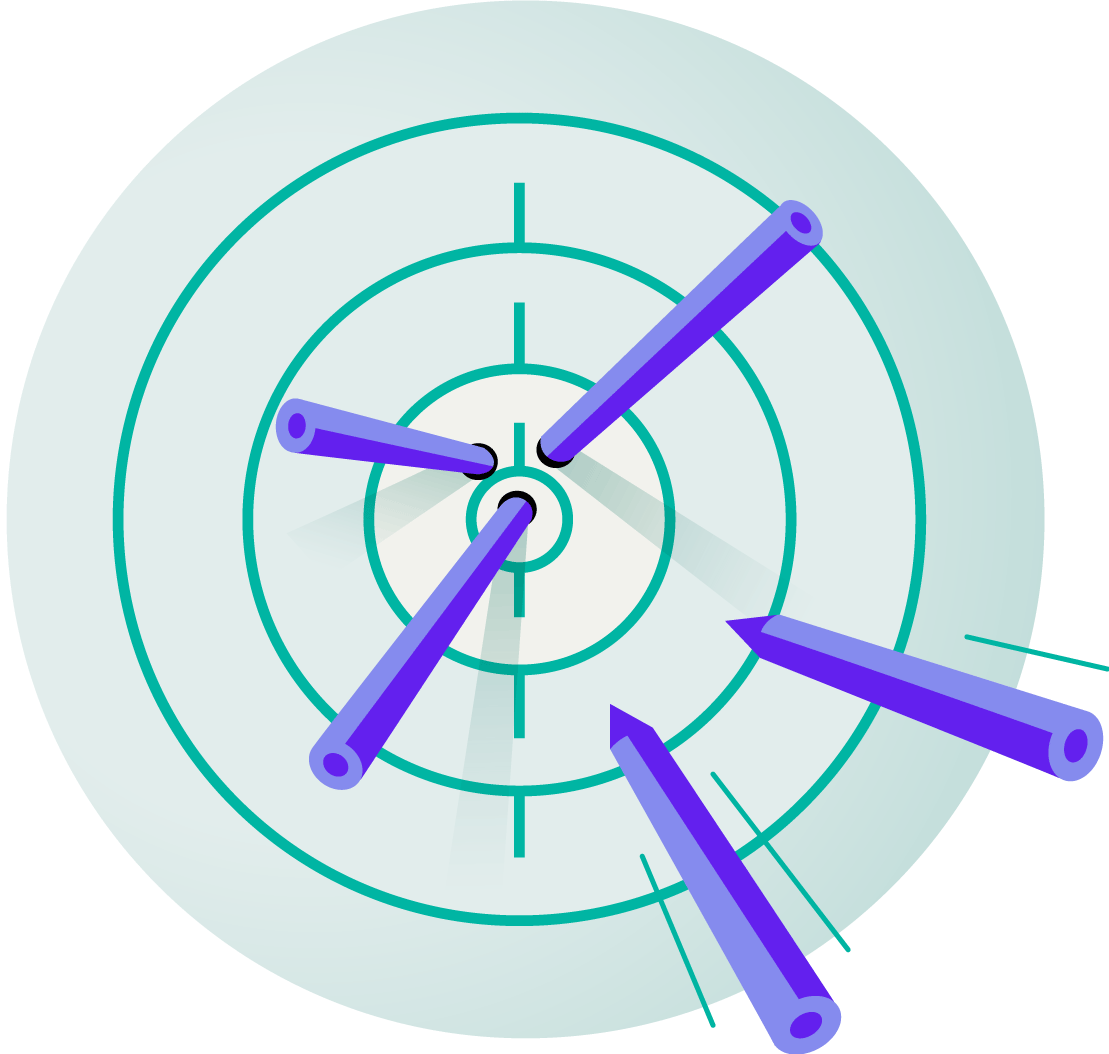
Our ability to focus is a precious resource. And in this distracted world, it’s becoming increasingly rare. There are too many things pulling at our attention: too many articles to read, too many talks and seminars, too many topics to think about… But as scientists, we need to concentrate deeply to advance our research — and to write up our findings clearly and effectively. So what can you do when your mind refuses to settle in and focus on the work at hand? Below you will find a tried and proven *minimal* approach how you can gain focus — and keep it throughout the day. Continue reading

Do you feel like scientific writing is a long, draining process? Maybe you are a perfectionist who struggles with each sentence and questions every other word. Or you can write down a draft quickly, only to realize that it is no good and you have to start over again. In any case, learning the principles of effective drafting helps you write better first drafts faster, increasing your writing output and at the same time improving the quality of your texts. Continue reading

Do you long to write sentences that are easy to understand and flow smoothly like a river? Your scientific texts don’t need to feel choppy and your readers don’t need to struggle. Using the appropriate sentence structure helps you convey your message clearly and effectively, even when you write about a highly complex topic. Continue reading
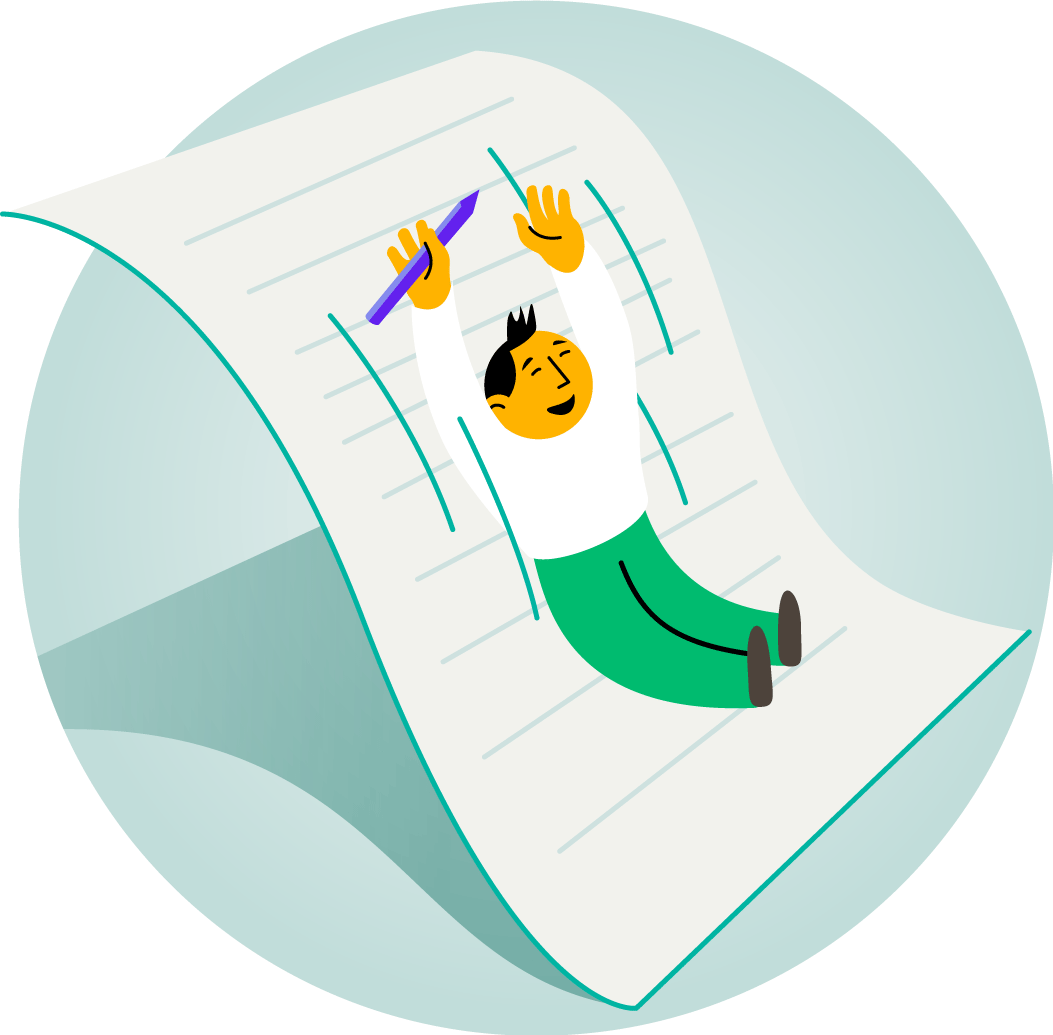
Bottom-up writers do it instinctivelly, top-down writers can learn it to combat the writer’s block. Freewriting is a simple tool that will not only improve your scientific writing, but also sharpen your thinking. And even make writing fun (again)! Try out the basic technique as well as its variations and experience the joyful freedom of writing. Continue reading

Doing a PhD is a long-distance run where you don’t know when (and if) you get to cross the finish line. Moreover, you are running through a misty landscape, unsure for long stretches where you are and whether you are heading in the right direction (and what is the right direction, anyway). Continue reading

Wouldn’t it be great to get excellent writing skills without much effort? If you believe that no pain means no gain, I have good news for you! You can develop your scientific writing skills with ease — though not overnight. Here I show you my painless approach to the scientific writing expertise. Start right now and see first results already in few weeks. Continue reading
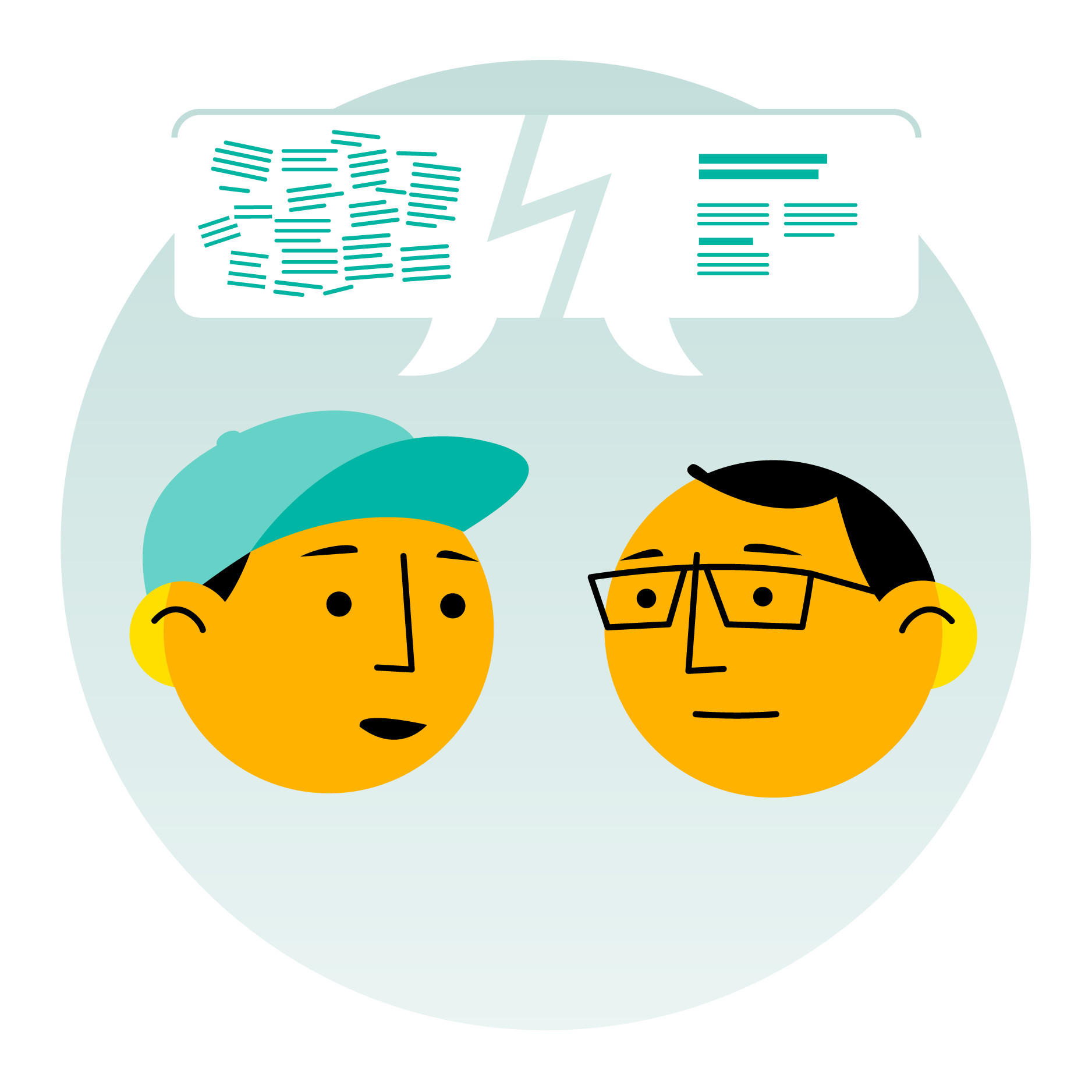
Does writing come easy to you or do you struggle with every sentence? Do you plan & outline first, or do you prefer to write away and see where you get? There are two opposite approaches to writing — and to life in general. Learn what type of writer you are, and how you can draw upon your strengths and compensate for your weaknesses. Continue reading

Writing is a demanding activity that takes a lot of focus. If only we would never get disturbed, if only we could always stay in the flow! Does your productivity suffer when you don’t have the perfect conditions for writing? Then you are a fragile writer. But don’t worry, this can be changed. Continue reading

The revision phase of scientific writing can feel overwhelming: many things need to be fixed at different levels. But where do you start? And how do you proceed? If your revision process is chaotic and you are jumping from place to place, from issue to issue, there is no wonder you feel frustrated and progress too slowly. Continue reading
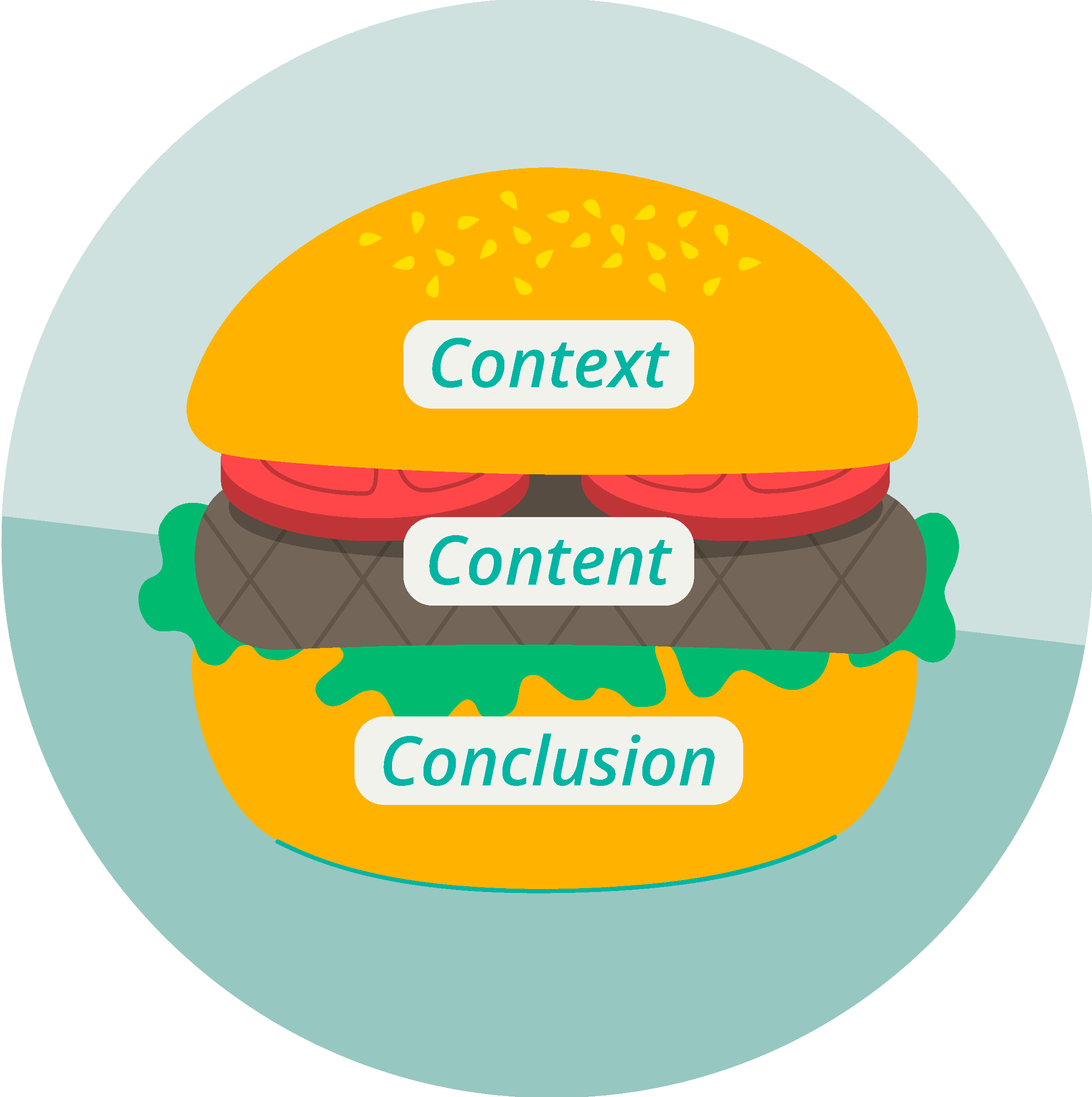
Carefully designed paragraphs are the key to well-structured and easy-to-read texts. If you feel like your manuscripts are hard to understand and lack a flow and logical structure, learning the art of paragraph writing might be just the solution you need. Continue reading
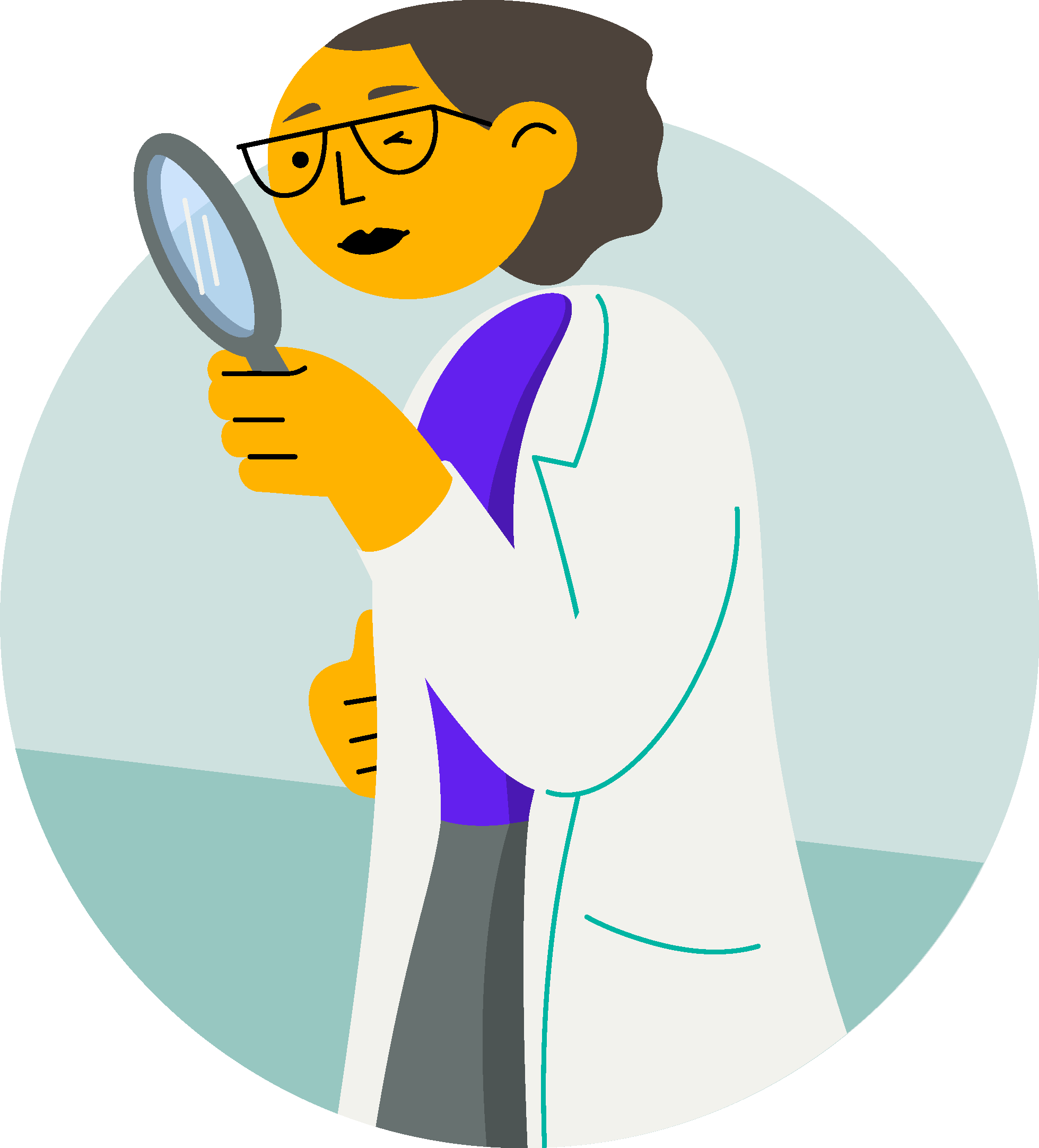
Writing clearly and efficiently is not easy, yet it can be learned. Here I sketch my writer-based approach that helps you develop your writing skills. It focuses on the writing process and personal writing productivity—in my experience, that’s a first necessary step before considering the form & style of writing. Continue reading
Diese Webseite verwendet Cookies, um Ihnen ein besseres Nutzererlebnis zu bieten. Wenn Sie die Seite weiternutzen, stimmen Sie der Cookie-Nutzung zu.